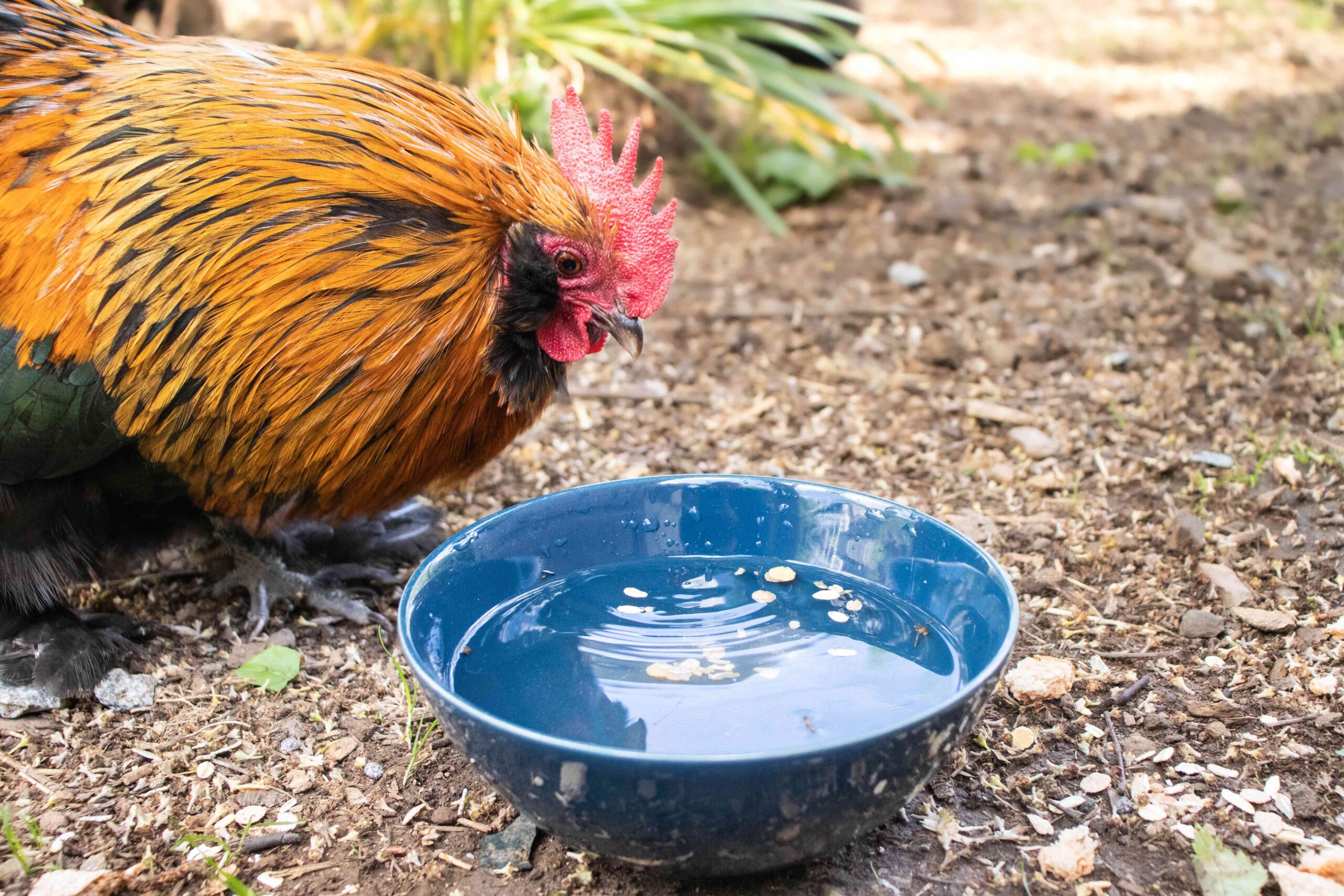If you are a chicken owner, you want to make sure that your chickens stay healthy and hydrated. One of the best ways to do this is to provide them with a chicken coop waterer. A chicken coop waterer is a device that provides a continuous source of clean water for chickens, ensuring that they have a consistent supply of fresh water. In this article, we will discuss how to properly use a chicken coop waterer to keep your chickens hydrated.
Benefits of a Chicken Coop Waterer
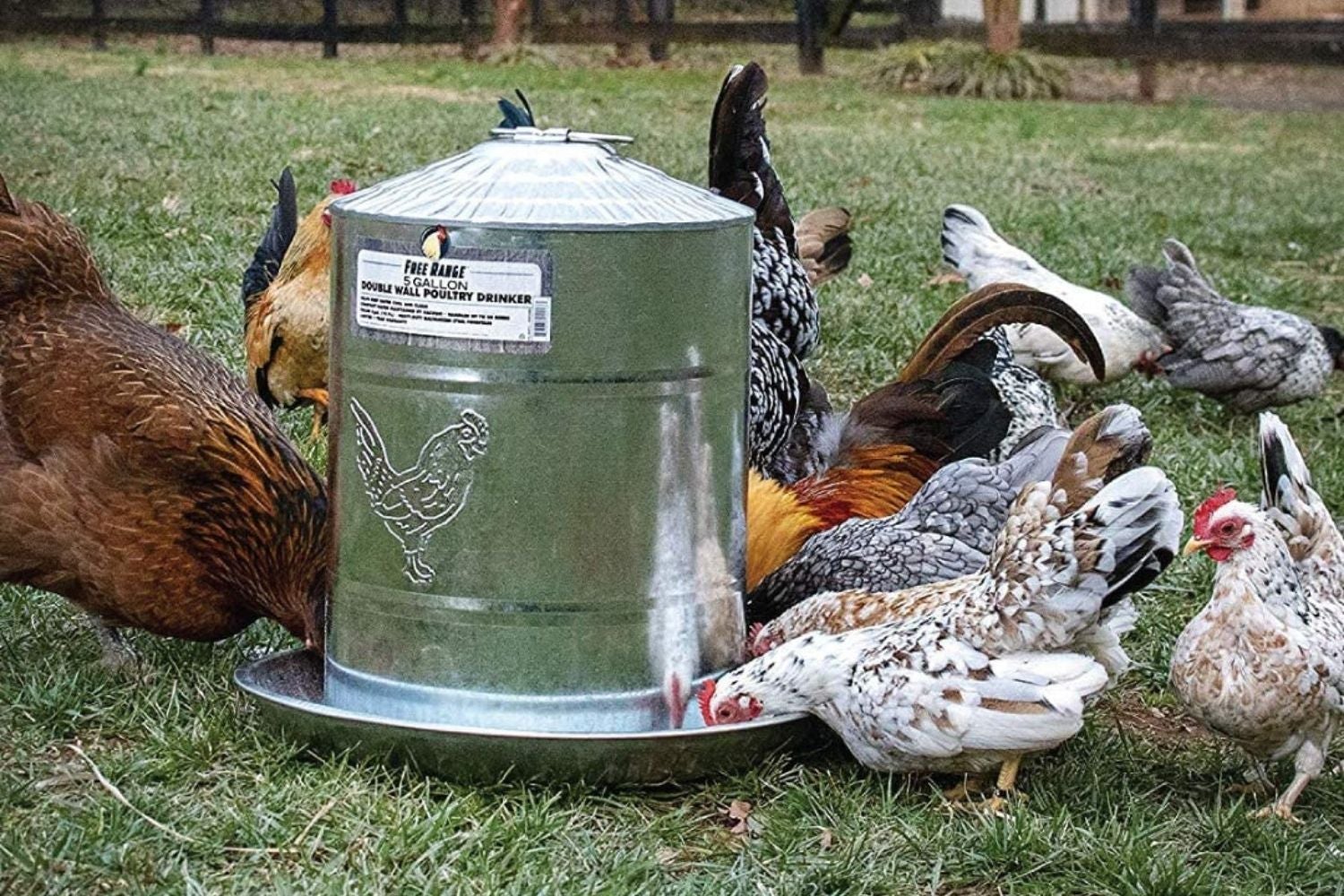
- Efficient Water Distribution: Chicken coop waterers help provide efficient and consistent water distribution throughout the coop. This helps to ensure chickens can always access clean, fresh drinking water.
- No Messy Spills: Waterers for chickens are designed in a way that minimizes splashing and spilling, preventing messes in the coop.
- Easy Cleaning and Maintenance: Chicken coop waterers are easy to clean and maintain, making it easy to avoid bacteria and other contaminants from building up in the water.
- Cost-Effective: Chicken coop waterers are a cost-effective solution for keeping your chickens hydrated. They require minimal upkeep and can last for years with proper maintenance.
Types of Chicken Coop Waterers
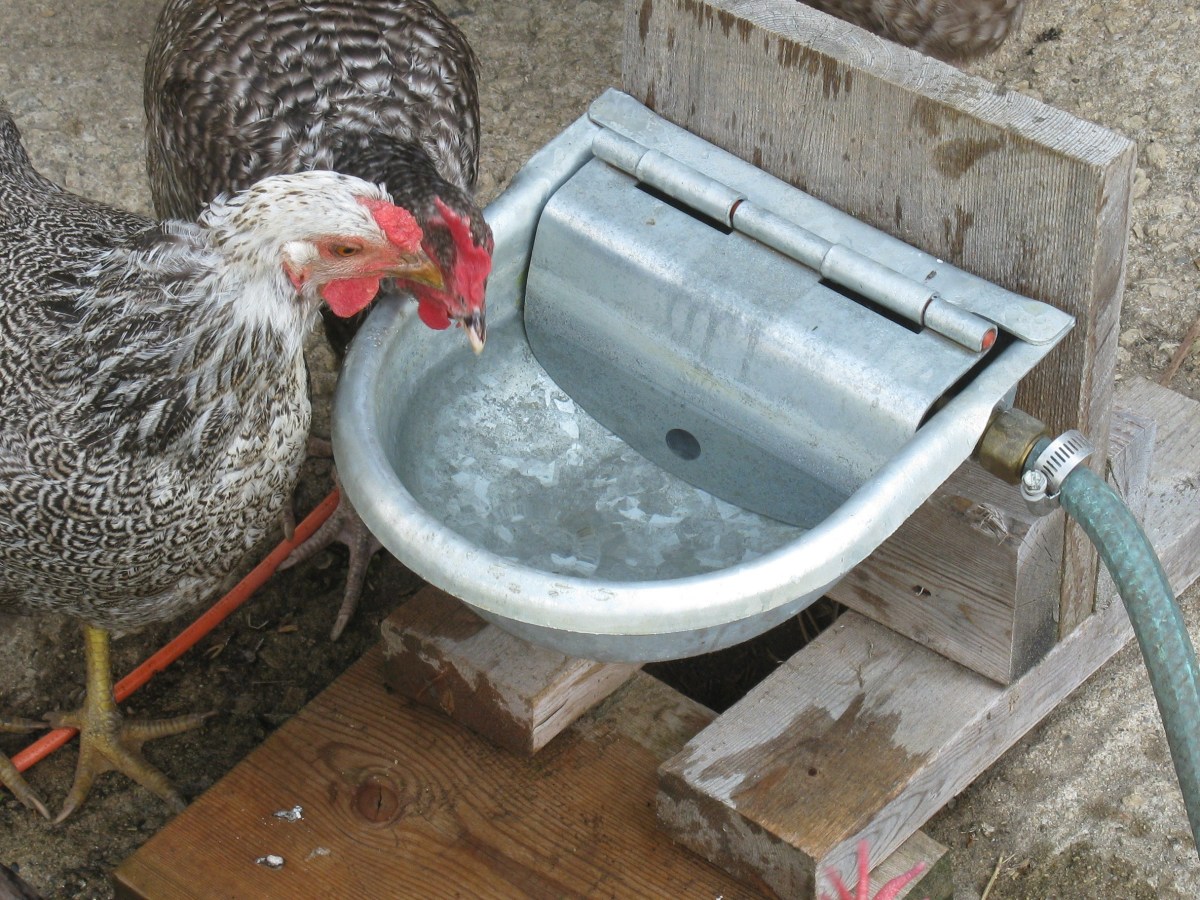
Automatic Waterers
Automatic chicken coop waterers are the easiest way to keep your chickens hydrated. They come in a variety of designs and sizes, and are filled with fresh, clean water. They are easy to install and maintain, and will keep your chickens hydrated without any effort from you.
Manual Waterers
Manual chicken coop waterers require a bit more effort on your part, but they can still provide your chickens with plenty of clean, fresh water. They are usually made of galvanized metal or plastic, and are filled with water manually. They may require some cleaning and maintenance, but they are still a great way to keep your chickens hydrated.
Factors to Consider When Choosing a Chicken Coop Waterer
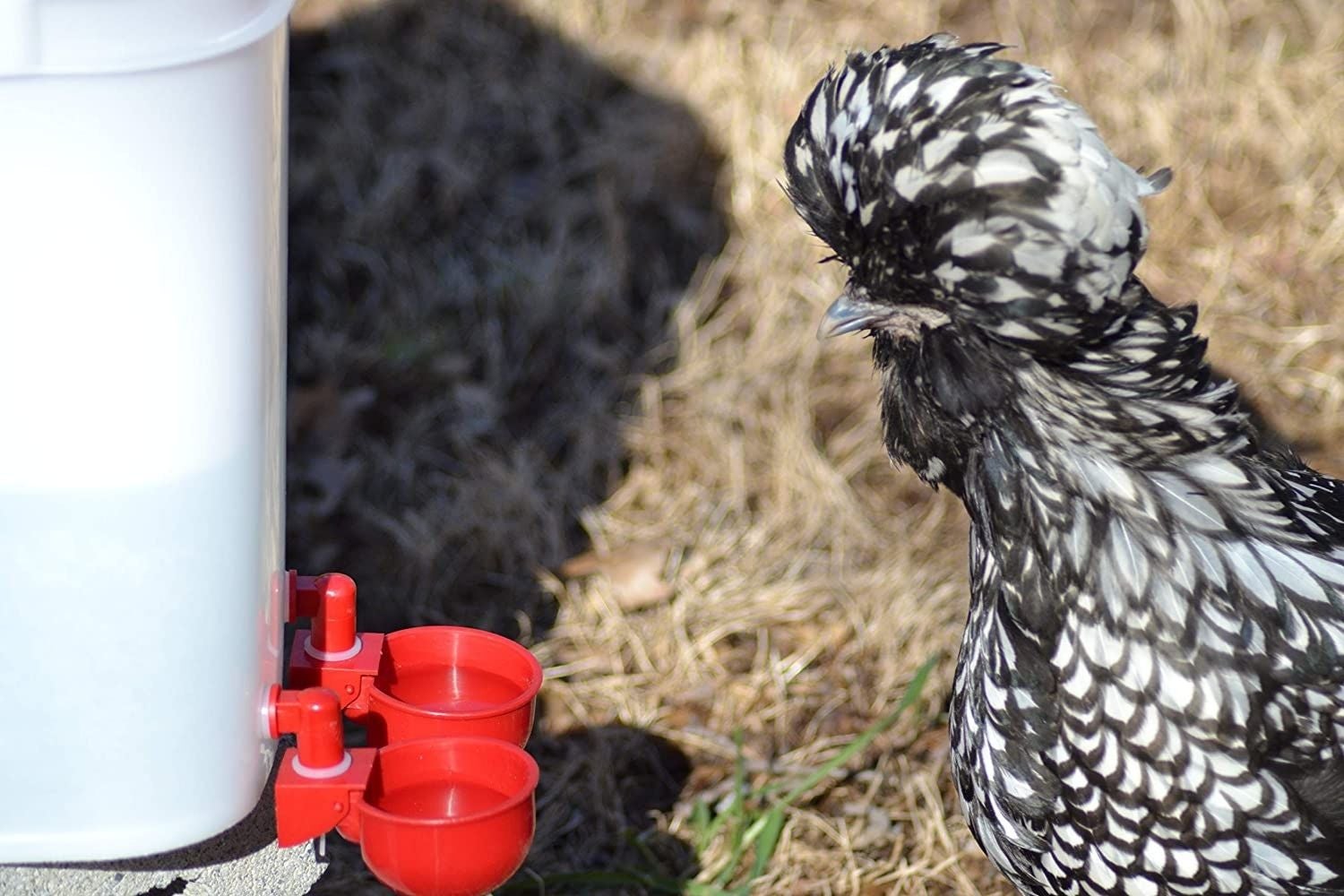
Size and Capacity
When selecting a chicken coop waterer, size is an important factor to consider. Choose one that is large enough to provide enough water for your flock without taking up too much space in the coop. Select a model that has a capacity that is right for the size of your flock.
Durability
Choose a waterer that is made of materials that can withstand the elements and wear and tear. Look for models that are made of rust-resistant materials and are designed to be durable and last for an extended period of time.
Ease of Installation
Look for a waterer that is easy to install and maintain. Choose a model that can be easily installed and requires minimal upkeep to keep it functioning properly.
Cost
Compare the costs of different waterers and pick one that is within your budget. Consider the cost of installation, as well as the cost of maintenance, to ensure you are getting the best value for your money.
Remember: Choose a chicken coop waterer that is the right size, is durable, is easy to install, and is cost-effective for your needs.
How to Install a Chicken Coop Waterer
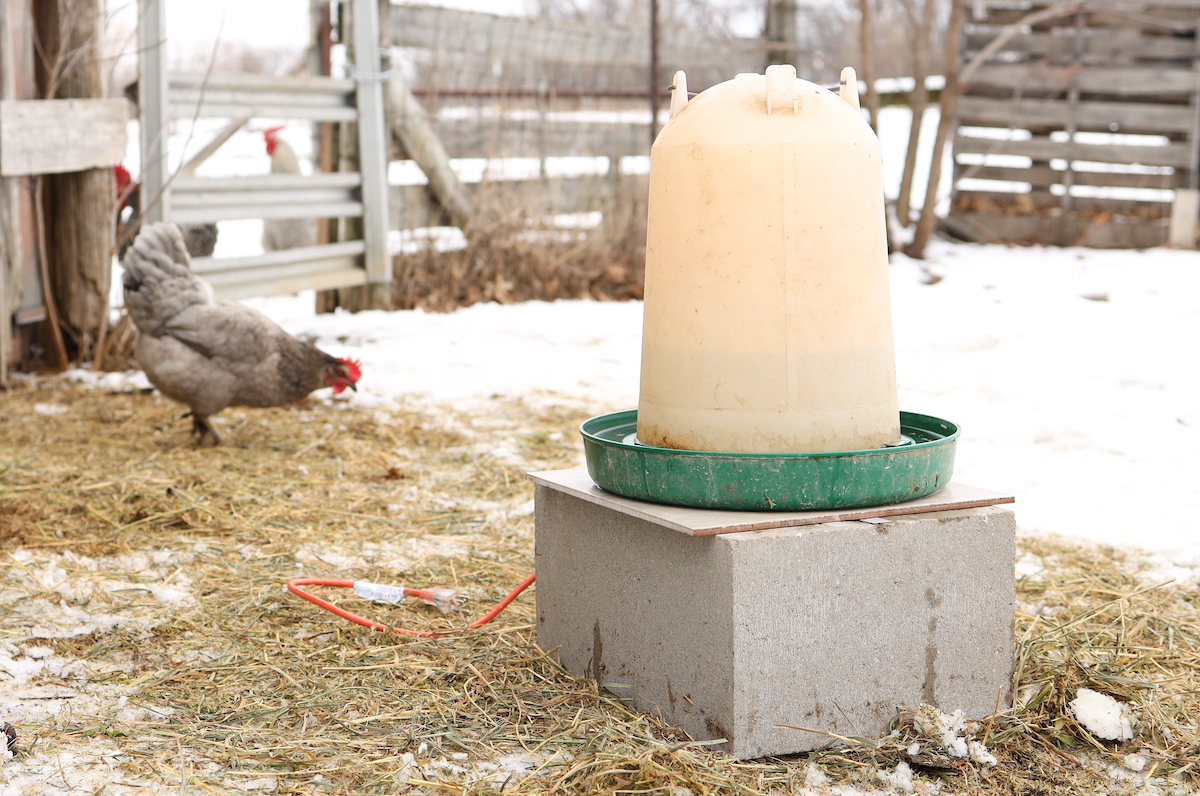
- Choose the Right Location: Installing your chicken coop waterer in the right spot is essential. It should be in an area that is not exposed to direct sunlight as this can cause the water to warm quickly and become unappetizing to your chickens. The waterer should also be located away from areas frequented by predators, such as near bushes or in tall grass.
- Install the Base: Begin by digging a shallow hole in the ground and setting the base of the waterer in it. Make sure to level it out so that the water doesn’t spill out of the sides. Then, fill the base with sand or gravel to ensure it doesn’t shift and wobble.
- Secure the Water Supply: Connect the waterer to your water source, whether it be a garden hose or a bucket. Make sure all the connections are secure and there are no leaks. Place a lid on the waterer to keep out debris and discourage predators from drinking from it.
- Set Up the Drinking Tray: Place the drinking tray on top of the base and fill it with water. Make sure the tray is level so that the water doesn’t spill over the sides. You may also need to adjust the height of the tray depending on the size of your chickens.
- Test the Waterer: Once the waterer is installed, it is important to test it to make sure it is functioning properly. Check the water levels regularly to ensure they don’t run too low. Also, check the connections and make sure there are no leaks.
How to Clean and Maintain a Chicken Coop Waterer
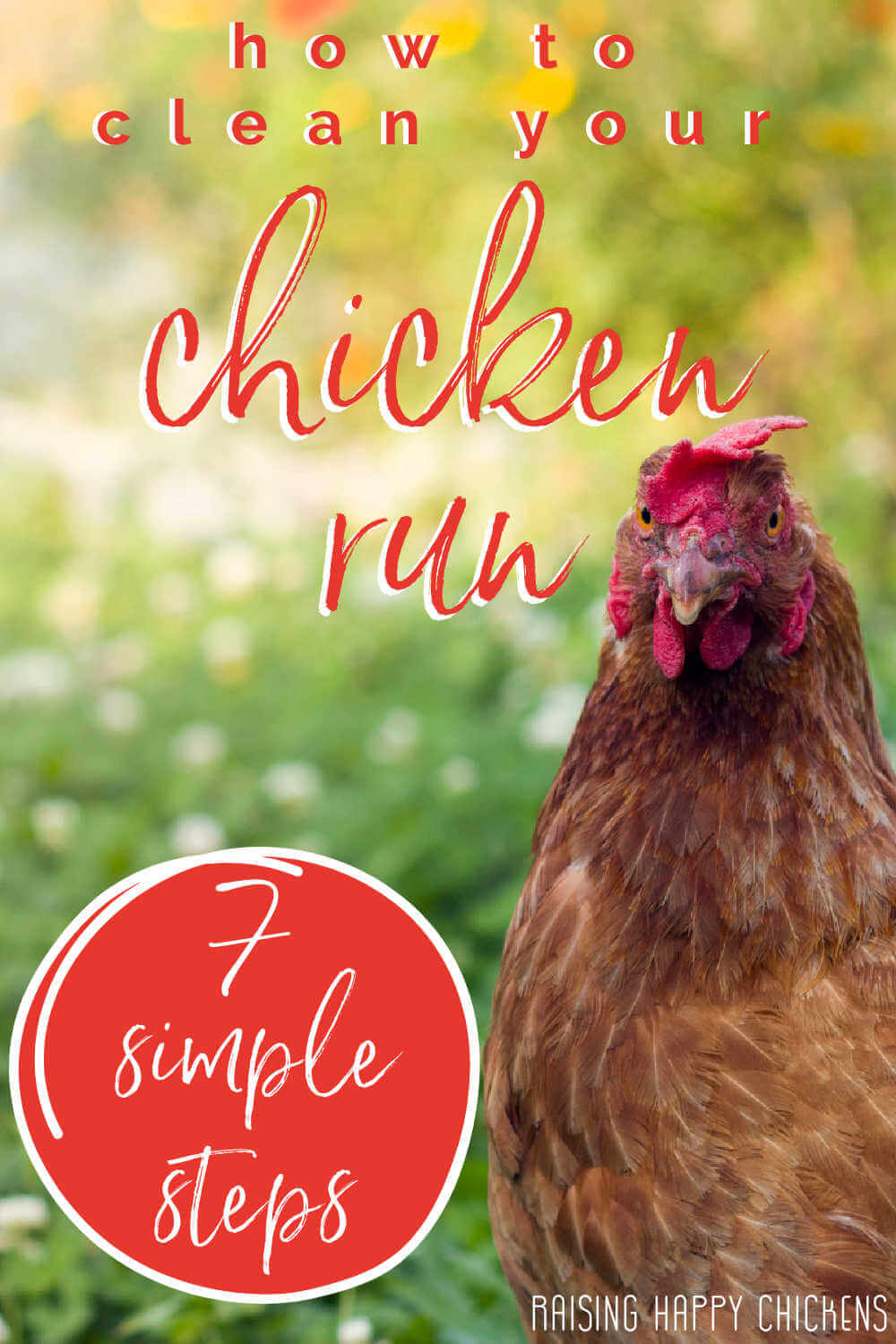
Cleaning
- Disassemble the waterer, if possible. Remove the plastic base, lid, and any other removable components.
- Clean each part with soap and warm water, or use a mild vinegar solution.
- Use a bottle brush to scrub the inside of the waterer and remove any stubborn stains.
- Rinse the parts thoroughly and dry them with a clean cloth.
- Reassemble the waterer.
Maintaining
- Check the waterer at least once a week to make sure it is full.
- Clean the waterer weekly, or more often if needed.
- Inspect the waterer for cracks, leaks, or other damage that may need to be repaired.
- Replace the waterer if it is cracked or damaged beyond repair.
Tips for Keeping Your Chickens Hydrated
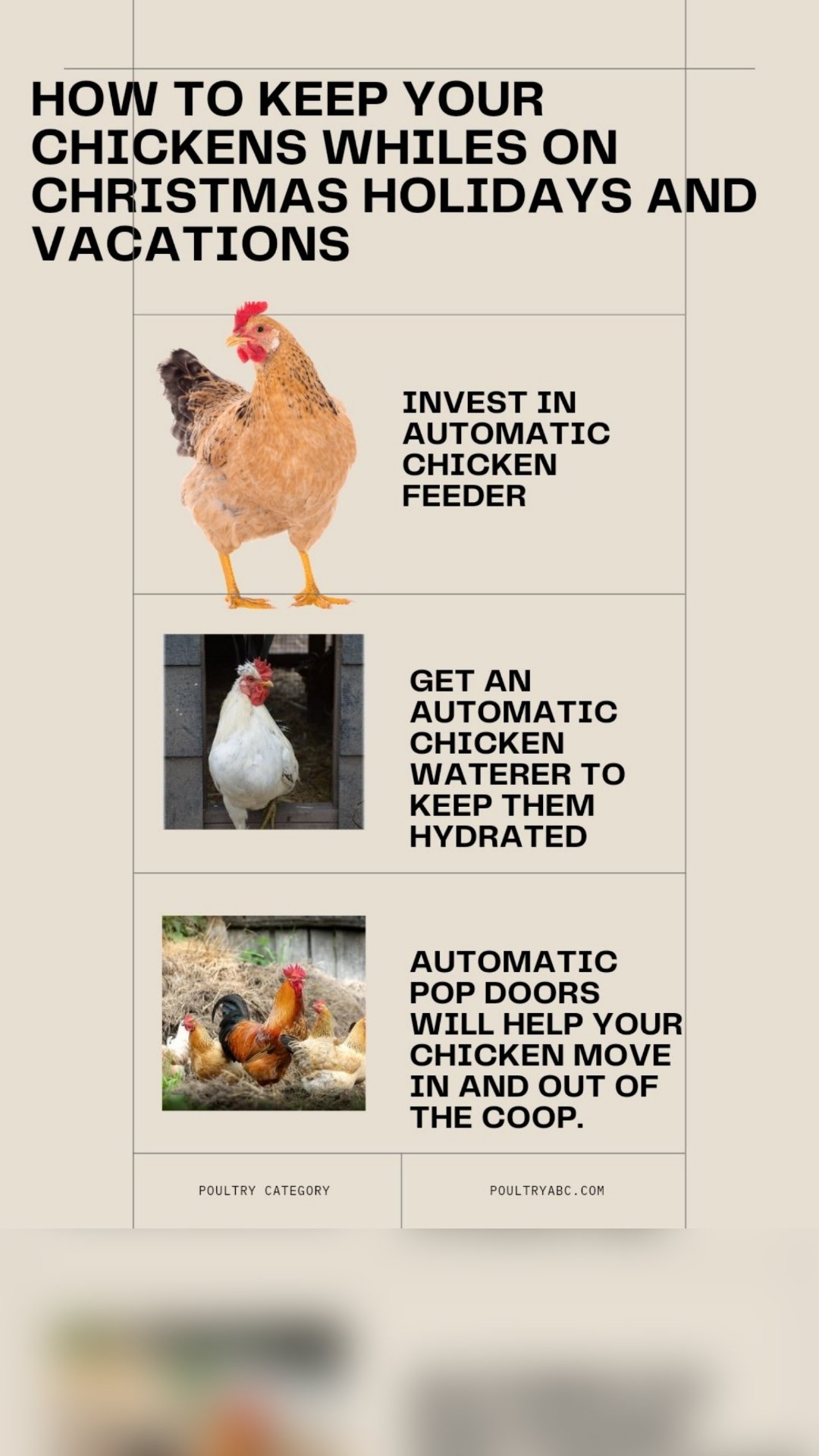
Provide Adequate Shade
Ensuring your chickens have access to plenty of shade is essential for keeping them hydrated. During the summer, chickens can become overheated and dehydrated quickly, so having a shady area for them to retreat to is essential.
Provide Adequate Ventilation
In addition to providing shade, it is also important to ensure your chickens have access to plenty of fresh air. Poor air circulation can cause your chickens to become overheated, so having good ventilation in the coop is key.
Monitor Water Levels Regularly
It is important to check the water levels in your chicken coop regularly to ensure they remain full and your chickens stay hydrated. If levels are low, refill the waterer immediately to prevent dehydration.
Offer a Variety of Water Sources
Providing a variety of water sources in your chicken coop can help to keep your chickens hydrated. Offer both open and closed water sources to give your chickens a choice and keep them happy.
Common Problems with Chicken Coop Waterers
- Clogged Nozzles: Clogged nozzles are a common problem with chicken coop waterers. This can be caused by debris or minerals in the water, or from algae or bacteria that can build up on the nozzle. Cleaning the nozzle regularly can help prevent clogging.
- Leaky Valves: Leaky valves can cause water to leak from the waterer, resulting in a messy coop and a waste of water. If you find that your waterer is leaking, it may be a sign that the valve needs to be cleaned or replaced.
- Frozen Water: When temperatures drop below freezing, water in the waterer can turn to ice. To prevent this, it’s important to choose a waterer that is specifically designed to be used in cold weather and to regularly check the water level to make sure it’s not frozen.
- Algae Growth: Algae can grow in waterers that are not cleaned regularly. Algae can be toxic to chickens and can also clog the nozzle, so it’s important to clean the waterer often to keep it free of algae.
- Air Bubbles: Air bubbles can form in the waterer, which can prevent chickens from getting enough water. To prevent this, make sure the waterer is set up correctly and that the water is flowing freely.
Frequently Asked Questions
What kind of water should I use for my chicken coop waterer?
- Clean Water: The water you use for your chicken coop waterer should be clean and free from dirt, debris and other contaminants. Tap water is usually safe to use, but it’s always best to check with a Water Quality Testing Lab to make sure.
- Nutrient-Rich Water: Water should also contain beneficial minerals and nutrients to help your chickens stay healthy. You can add a small amount of electrolytes, vitamins and minerals to your waterer for added nutrition.
- Chlorine-free Water: Chlorine can be harmful to chickens, so it’s important to make sure the water you use is free of it. You can either filter out the chlorine or use spring or well water instead.
- Fresh Water: Chickens need fresh water every day, so make sure to replace the water in the waterer daily to keep it clean and safe for your chickens.
How often should I change the water in my chicken coop waterer?
The water in a chicken coop waterer should be changed at least once a week to maintain cleanliness and prevent the growth of bacteria. Water should also be changed whenever it appears dirty or cloudy. Keep an eye on the water level, and top it up as needed. Clean the waterer regularly, and consider adding a water treatment product as an additional precaution.
How do I know if my chickens are properly hydrated?
Look out for the following signs:
- Chickens appear alert, energetic and active
- Feathers appear glossy
- Beak and comb are a healthy pink color
- No signs of dehydration such as sunken eyes or a dry beak
- Eggs are a good size and have a strong shell
- No signs of diarrhea, which can be caused by dehydration
If you notice any of these signs, it is a good indication that your chickens are properly hydrated. However, if you are unsure, you can check the water levels in your chicken coop waterer to make sure that it is full, and that the water is fresh. If necessary, you can also provide your chickens with additional water sources, such as a shallow dish or bowl, to make sure they are getting enough to drink.
Is it necessary to use a chicken coop waterer to keep my chickens hydrated?
Yes, it is necessary to use a chicken coop waterer to keep your chickens hydrated. It is important to provide your chickens with clean and fresh water at all times. A chicken coop waterer will not only ensure that your chickens stay hydrated, but also provide a clean and sanitary way for them to drink. Here are some reasons why using a chicken coop waterer is beneficial:
- It minimizes the risk of disease and infection from standing water.
- It eliminates the need for daily water changes.
- It eliminates the need for multiple water dishes.
- It helps reduce the amount of water wastage.
- It helps keep the water clean and fresh.
Using a chicken coop waterer is an easy and effective way to keep your chickens hydrated and healthy. It also helps reduce the risk of disease and infection, as well as water wastage.
What are some tips on keeping my chicken coop waterer clean and maintained?
Clean regularly: Regularly clean and disinfect your chicken coop waterer to ensure that your chickens are drinking clean water. It is recommended to clean the waterer with a chlorine-based solution or a vinegar and water solution.
Change water often: Change the chicken coop waterer’s water frequently, as old water can become stagnant and harbor bacteria. Replace the water with fresh water every day or two.
Check for leaks: Inspect the waterer for any leaks or holes and repair them as soon as you notice them.
Check for clogs: Make sure the waterer is not clogged with dirt or debris. If it is, unclog it and clean the waterer.
Inspect for pests: Look for any pests, such as mice or insects, in the waterer. If you find any, remove them and treat the waterer with an approved pesticide.
Conclusion
Providing your chickens with a chicken coop waterer is a great way to ensure they remain hydrated and healthy. With its easy installation and cheap cost, it is an affordable way to keep your chickens healthy and hydrated without having to worry about a water bowl getting tipped over or spilling.
